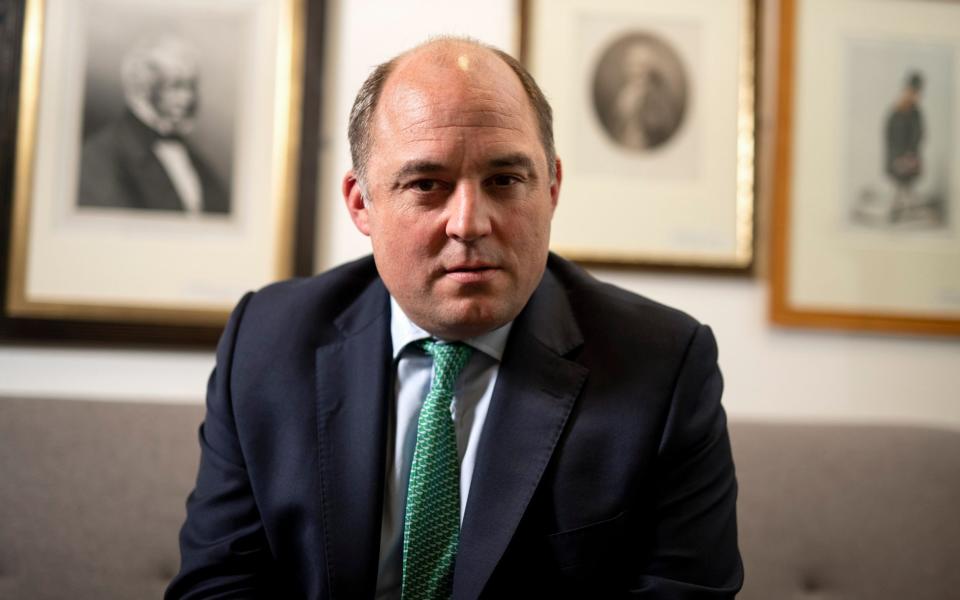Ben Wallace involved in international efforts to try and introduce rules for Space

Ben Wallace is leading international efforts to try and introduce rules for Space amid fears a misfired missile could lead to war.
It is understood that the UK is consulting with other countries on a new initiative called Reducing Space Threats through Responsible Behaviours, which will seek to increase knowledge of space threats while reducing the risk of conflict through miscalculation of distance around satellites, in order to avoid collisions.
It comes after the Defence Secretary wrote in this newspaper that the UK will bolster its ability to fend off threats from China and Russia in space, following accusations made by the UK and US that Russia had tested a weapon-like projectile that could target satellites.
The findings of the initiative are to be compiled into a report by the UN Secretary General, to which all nations will be invited to contribute, The Telegraph understands.
A source said it was important to avoid miscalculations in space in order to avoid unnecessary conflict.
“The suggestion is that if you’ve miscalculated the distance of something by accident, if you have other states positioning satellites in space, there’s a concept that unless people are communicating that they’ve miscalculated the distance it could be seen as a threat, a hostile act, rather than an accident,” they said.

Meanwhile the Defence Select Committee are considering writing to Mr Wallace to ensure the Government’s looming Integrated Review dedicates a “sizeable portion” to assessing the UK’s vulnerabilities in space.
Tobias Ellwood, the committee’s chairman, said: “Satellites are now so integral to civilian, commercial military life that total or partial loss would impact our lives instantly and dramatically, destroying our ability to communicate, share information, conduct transactions, use the internet, fly planes or predict the weather.
“Loss of GPS would cripple navigation and cause synchronisation problems across modern industries affecting machining, food production and distribution and any financial transaction from the purchase of a coffee to shares bought and sold the Stock Exchange.”
Mr Ellwood added that he hoped the UK “creates the Whitehall bandwidth to recognise and step forward in calling for our International Treaties and Geneva Conventions to be updated”.
“Once the military actions in space become the norm, there will be no turning back,” he said.
A spokeswoman for the Ministry of Defence said: “The upcoming Integrated Review will have a clear threats based approach that will include much clearer focus on new domains such as space, cyber and sub-sea. “This will mean a pivot away from what we have become used to over recent decades and move to shaping our armed forces to meet these new challenges.”

 Yahoo News
Yahoo News 